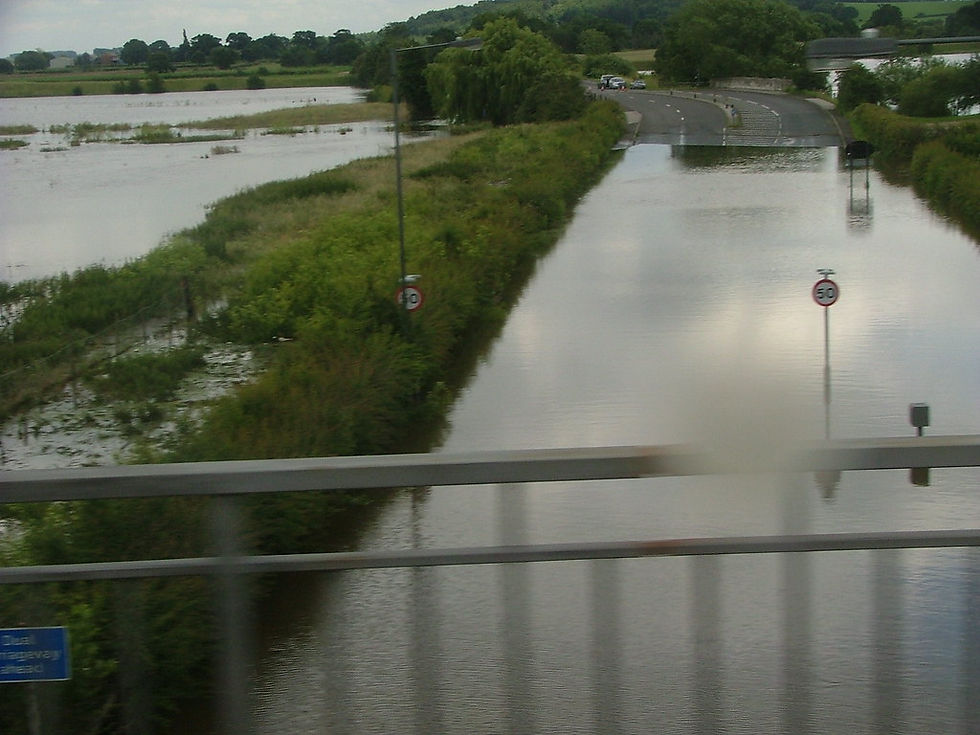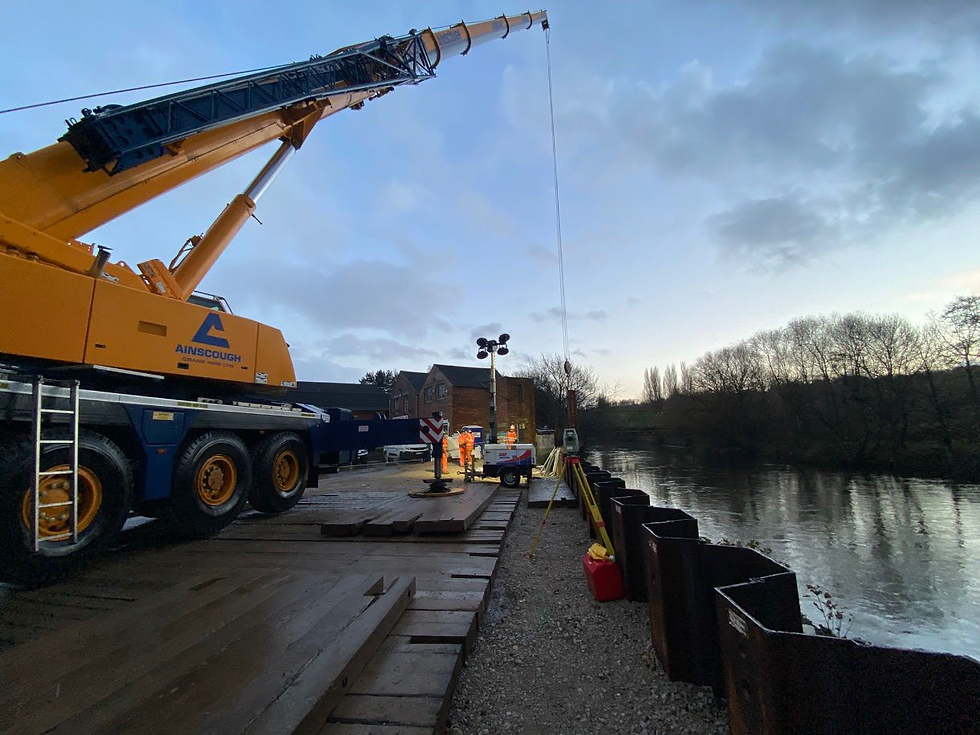Restoration of Peatland may prevent flooding
- Megan Smith

- Apr 24, 2022
- 2 min read
Peat has many positive qualities for the UK, in many areas it has been removed to create compost, however, attempts to restore it are in process.

Due to the current climate caused by global warming, there has been an increase in storms across the UK, this has caused flooding to occur in areas like Yorkshire which has been the victim of millions of pounds of damage in the past.
Although flood defences have been installed there is a belief for many environmental organisations that more natural flood defences could be used to benefit these areas, such as the flooding prevention caused by the natural form of soil known as Peat.
Peat has been removed from these environments to create grow bags for the public’s gardens and therefore the amount of Peat in these natural habitats has been diminishing an attempt is being made to restore these places.
According to a statement published by Robbie Carnegie, the communications officer at Moors for the Future:
“Moorland restoration has been proven to lower the risk of flooding in the valleys below. Results from the Making Space for Water project in 2019 showed that bare peat and damming up gullies reduce the peak volume of flow by 57% and triples the time between peak rain and peak flow.”
This, in theory, should lessen the impact of storm events by slowing the flow of rain downhills to the rivers below and therefore if implemented widely across the UK should completely reduce flood risks.
For this to occur changes are being proposed in the UK to reduce the selling of Peat so that it may remain in the ground, there is also the naturally growing vegetation that thrives in these areas that need to be protected and therefore banning the retail sales of peat it will be overall environmentally beneficial.
Jenny Hawley, Policy Manager at Plantlife organisation said: “Peatlands not only play home to a spectacular diversity of plants - such as bog asphodel, cuckooflower, and marsh saxifrage - they are also irreplaceable carbon stores we cannot destroy as we face a climate crisis.”

During April, Twitter has been populated by the hashtag #PeatFreeApril. Individuals that find themselves on social media will be aware of the awareness that is being spread on the platform as members of the public join together to make a difference.
One individual on Twitter posted: “As you get back out into your gardens this spring, don’t use peat-based compost”
While another enthused about how successful their garden was going:
“Courgette, sunflower, and pumpkin seedlings all so big they’ve had to find new homes. Tomatoes coming along nicely, and the root veg looking great.”
This isn’t just for April however as environmental organisations continue to campaign to prevent the use of peat and therefore residents of flood-prone areas can hope to have further preventative defences in place for their homes.
Those that wish to help keep peat in the ground can find out more about the Plantlife campaign which is encouraging gardeners and others to keep peat in the ground and out of the grow bag can find out more here.






Comments